Here are the Top CPU-Z Alternatives You Should Try
Dive into a world where tools go the extra mile
9 min. read
Published on
Read our disclosure page to find out how can you help Windows Report sustain the editorial team. Read more

CPU Z has already proven its efficiency in gathering your device’s system information but while it’s a great tool, one may need an alternative especially if it doesn’t meet your specific needs.
The old-school way of checking PC specs may not cut it anymore hence why other advanced tools entered the chat.
If our CPU-Z review didn’t convince you to download it, or you’re having trouble using CPU-Z, we curated this rich list of alternatives. Each has its own pros and cons and others are more advanced than others. Whatever you’re looking for, you’re bound to find it in this list.
Features to look out for in CPU-Z alternatives
As you begin your quest to find the best System Information tool, you should have a few key features in mind that should be present in any tool such as:
- Comprehensiveness – Just how much detail are we talking about? A tool should be able to give a detailed report on your hardware, software and drivers at minimum.
- Compatibility – What’s the compatibility score of the tool with newer OSes, hardware and software? If you were to upgrade your device, would you be able to use it? Cross-platform compatibility is a win especially if it is a subscription-based tool.
- Performance – Apart from compatibility and comprehensiveness, your tool of choice should not be another resource-hogger in your system.
- Support and updates – The tool might be good but is it well maintained? Does it get regular updates? All this are necessary to seal any security vulnerabilility loopholes.
- Real-time monitoring – A tool that informs you of any potential risks as and when they happen is one that needs to be on your radar. These metrics are important because they need to be acted upon immediately.
- Cost -What is the cost of the tool? If you’re paying for the advanced features, are they worth it? Is this a bill you can comfortably pay to avoid disruptions when your subscription is up? Make sure to choose one that is cost-effective.
Other factors like an easy-to-use interface, portability and customization options may not be key features but if they’re a priority for you, feel free to include them when choosing the right tool for your device.
What are some CPU-Z alternatives?
HWiNFO – Extensive monitor

HWInfo shows you detailed information about your computer’s CPU, motherboard, monitor, audio setup, network, etc. However, this is not its winning feature as almost all CPU-Z alternatives show you this information.
Its real-time monitoring feature is what may make it your go-to tool. Because it is monitoring your system components, it is also able to predict any failures and notify you beforehand. This means you can troubleshoot and resolve issues before they advance.
It is comprehensive in reporting covering a wide range of areas such as temperatures, voltages, and fan speeds. You can also be sure that this momentum will be maintained because the software gets regular updates to keep up with industry standards.
Aside from these award winning features, you can also extend HWiNFO’s functionality by installing plugins available on the official site.
Pros
- Easy on system resources with low overheads
- True to results with high levels of accuracy
- Extensive in analysis
- Does not collect personal information
Cons
- Has a steep learning curve for new users
- Too much information may be overwhelming
- May cause latency
Belarc Advisor – Simple usage

Belarc Advisor performs similar functions as CPU-Z and its alternatives but it doesn’t come close to HWinfo when it comes to details. You’ll still get a decent report of your installed programs and hardware, network inventory, any missing Microsoft hotfixes, anti-virus status, security benchmarks, and more.
The good thing about it is it notifies you of any security vulnerabilities but on the downside, it is not in real-time.
Another feature of Belarc worth noting is its ability to display product keys of the software you bought a license for. For instance, if you can’t find your Windows activation key, Belarc can help you with this.
Pros
- Comprehensive in reporting
- User-friendly UI
- Compatible with multiple browsers
- Supports multiple OSes
Cons
- Requires a license to operate
- No real-time monitoring
- Can’t operate offline
HWMonitor – Remote monitoring tool

You can choose to download the HWMonitor using the installer or the portable version. Once installed, you’ll notice its clean interface with intuitive controls. The UI is not so busy so you’ll notice most operations and controls are right at your fingertips.
With this tool, you’ll get the remote monitoring feature which lets you monitor the sensors of several PCs or Android devices via simple TCP/IP connection. You’ll also be able to generate logging graphs and save them for later use.
Users can track important parameters such as temperature, voltage, and power, preventing potential hardware failures.
You can also save the graphs as a text file and share it with someone else. This are pretty much the features for a basic user which are decent enough. However, if you’re past the novice stage, you may need a little more.
With the paid HWMonitor Pro version you get all these features and more.
Pros
- Completely free
- Comes in a portable version
Cons
- Basic features
- Advanced features are in the paid version
AIDA64 Extreme – Performance Tracking tool

AIDA64 Extreme will give you info on your CPU properties, physical information, and CPU manufacturer. It is a beast when it comes to identifying any potential issues with your system. It keeps track of system performance, and ensures your device is stable.
You’ll need to upgrade to the paid version to enjoy advanced features but even on the free tier, AIDA64 Extreme is still a powerful tool for diagnosing and optimizing motherboard-related issues.
The tool gives an extremely comprehensive report on your motherboard, clock speed and the status of your physical memory. If you overclock your system a lot, you know the potential risks associated with it such as system instability, high power consumptions and too much heat generation.
AIDA64 Extreme becomes your trusted partner as it can monitor the clock speed to it is at the recommended speed and prevent potential damage.
Pros
- It has a free version
- Has a dark mode
- Real-time tracking of temperatures, voltages, and fan speeds
Cons
- Interface may be complex for new users
- Limited features in the free trial
CrystalDiskInfo – Great diagnostics tool

SSDs and hard drives are critical system components hence the need to keep them in good shape at all times. Storage devices contain a lot of data so with CrystalDiskInfo it performs a detailed analysis on the state of your drives and reports on any errors, uptime, spin-up time, and temperature.
It is particularly useful in data loss prevention and RAID setups to ensure optimal performance and extend the lifespan of your storage device.
If any issues are detected, CrystalDiskInfo can send you alerts for you to take action. Of course you’ll have to configure this in settings.
Pros
- Versatile
- Has an autodetection
- Completely free to use by anyone
Cons
- Advanced features are limited in the free version
System Information for Windows (SIW) – All-in-one tool

One of the major reasons people go out looking for CPU-Z alternatives is because you have to install additional tools to monitor or give you reports on other system components. With SIW, you get an all-in-one deal.
It is a powerful program that details all the information you need on your system and categorizes them into sections named: Software, Hardware, and Network for easier diagnosis and troubleshooting.
What’s more, it comes in a portable version so you don’t have to worry about storage space especially if you’re running low.
In addition to the system information, SIW also reveals details about all the installed applications. You can generate a summary report and SIW allows you to export the info to an HTML file.
Another feature we found that was cool was its ability to generate valuable information on your network configurations and connections. If you’re having connectivity issues, SIW can get down to the root of the problem to help you troubleshoot.
Pros
- Accurate info and analysis on your system
- User friendly interface
- Ability to save reports in different formats for record keeping
Cons
- Might take some time for info to populate
- Limited to Windows OS
⇒ Get System Information for Windows (SIW)
Speccy – Oldie but goldie

Speccy is one of the longest serving system information tools found on the market and for good reason. It does provide the usual system information but aside from that, it’s pretty easy to use.
Installing this software will earn you your first scan and you get to familiarize yourself with your PC specs. Aside from that, it also provides real-time monitoring reports so you can address any issues as and when they occur.
You can also save snapshots and send them to a tech specialist to help you make sense of it if you don’t know how to troubleshoot.
Speccy can also give you reports about the temperature of your CPU, motherboard, and hard drives. This info is crucial to gamers especially when they’re laying GPU intensive games and need to monitor the temperatures.
One added benefit of using Speccy is the easy way to navigate the components tree. You can choose to view the quick summary report or expand to view the detailed report all on one interface.
Pros
- Light on system resources
- Portable version available
- Easy to use
Cons
- No longer receiving updates
- Does not support newer CPUs
- Advanced features are on paid versions
The above list has provided the top fan-favorite CPU-Z alternatives but it is up to you to select one that meets your needs fully. Some information may be more important to you than to others so if you need specific motherboard information software, we also have a list for that.
That’s it from us but we’d like to get your feedback on these tools. Have you used any of them before? How would you rank them and what do you look for in a SysInfo tool? Let us know in the comment section below.
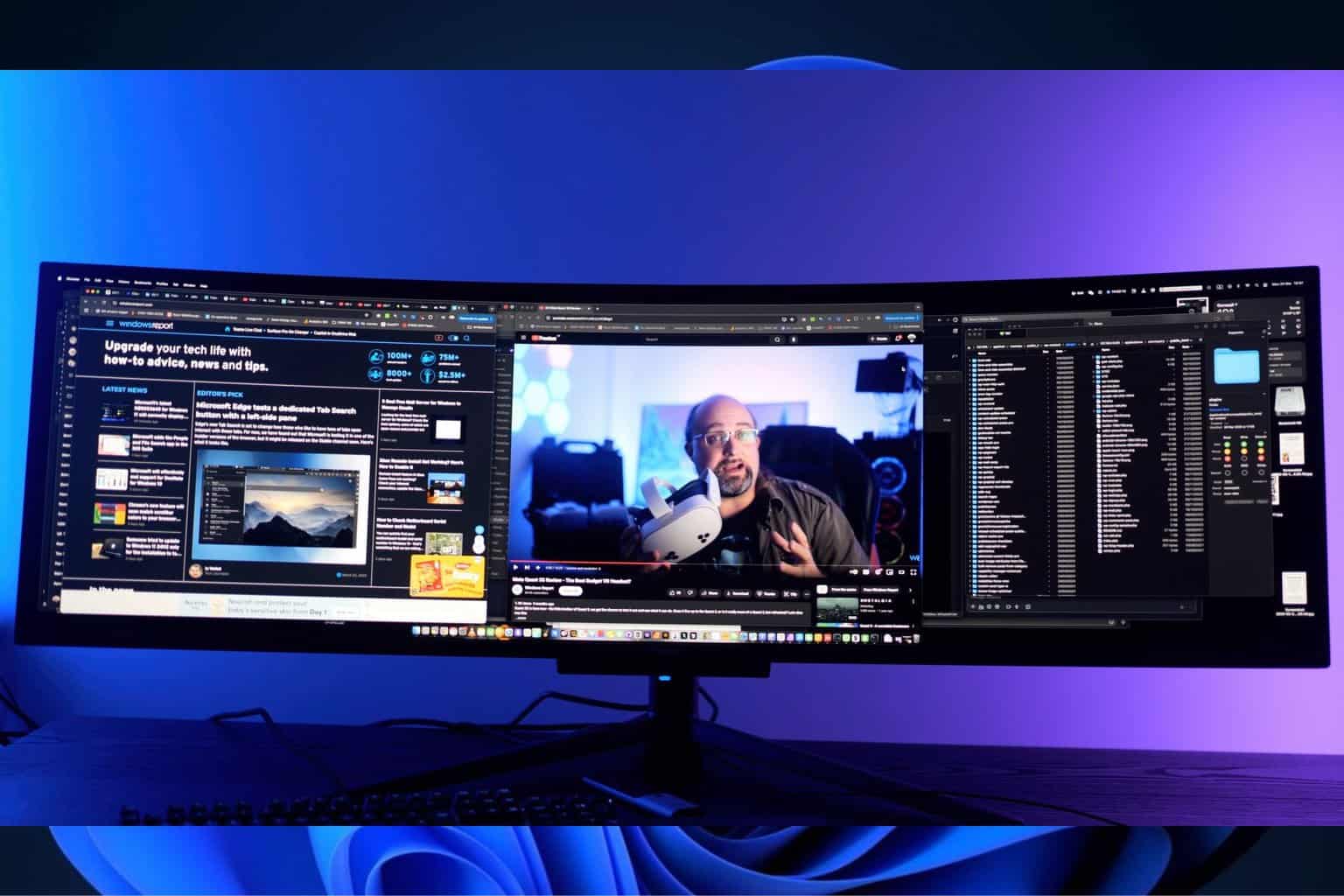
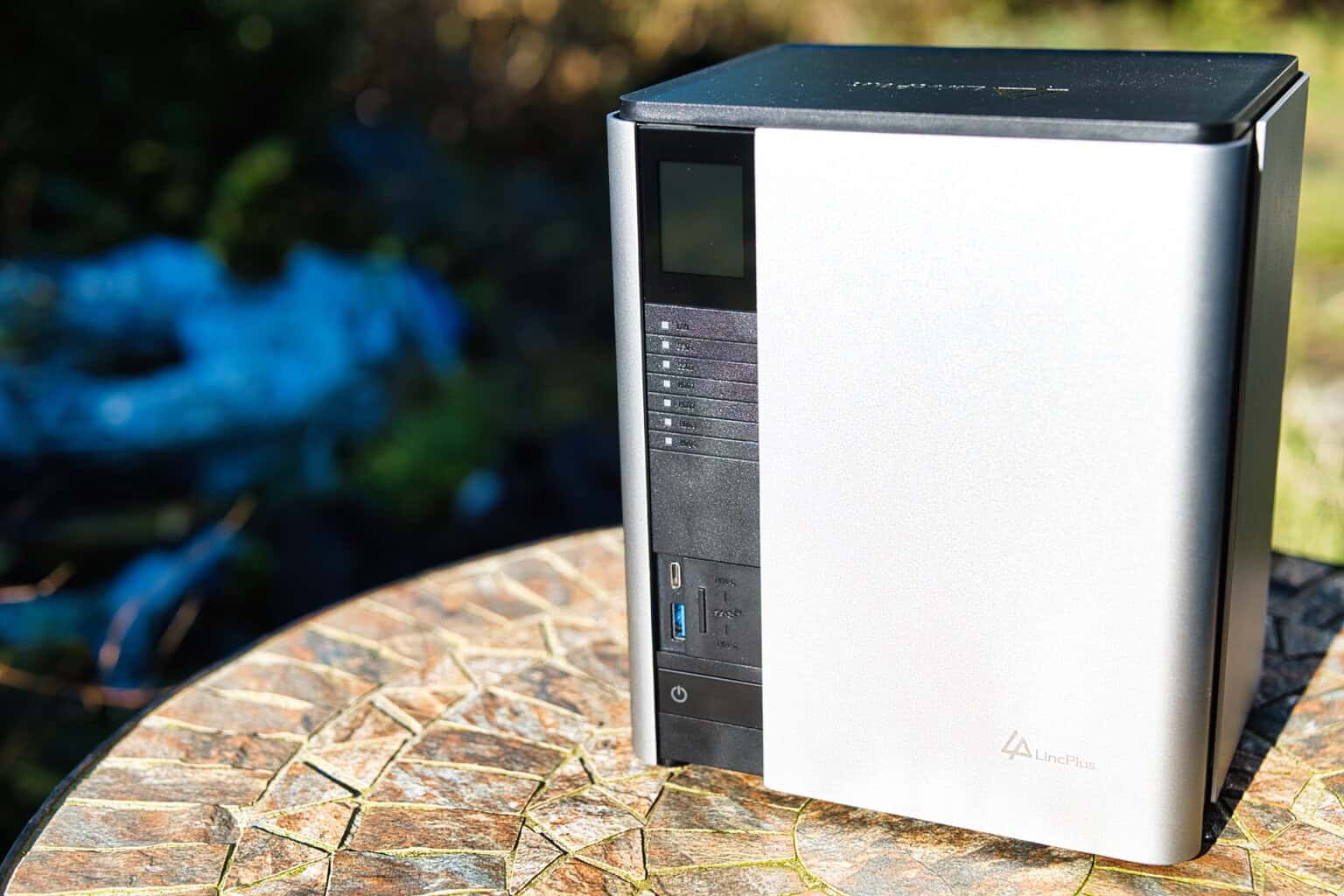
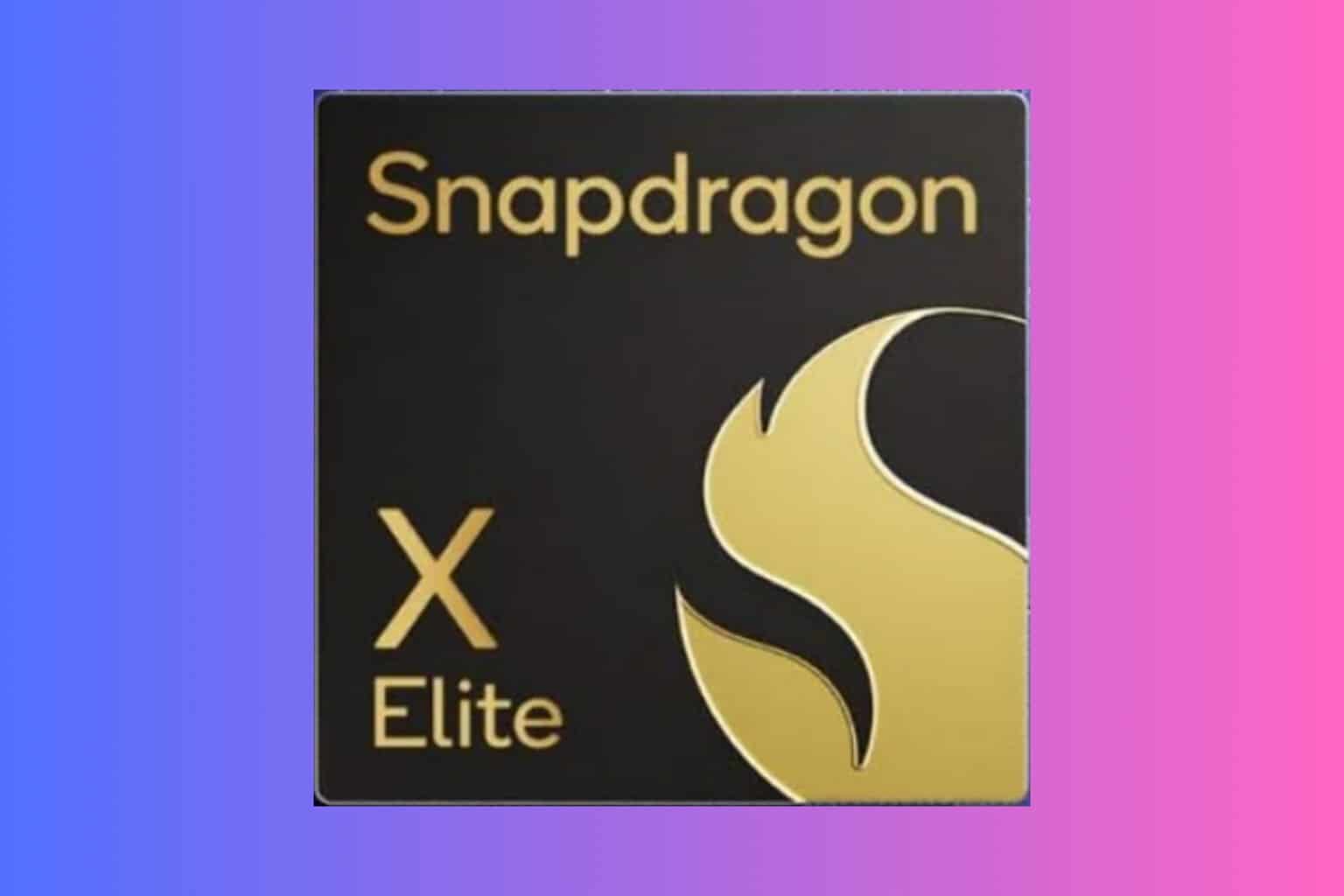
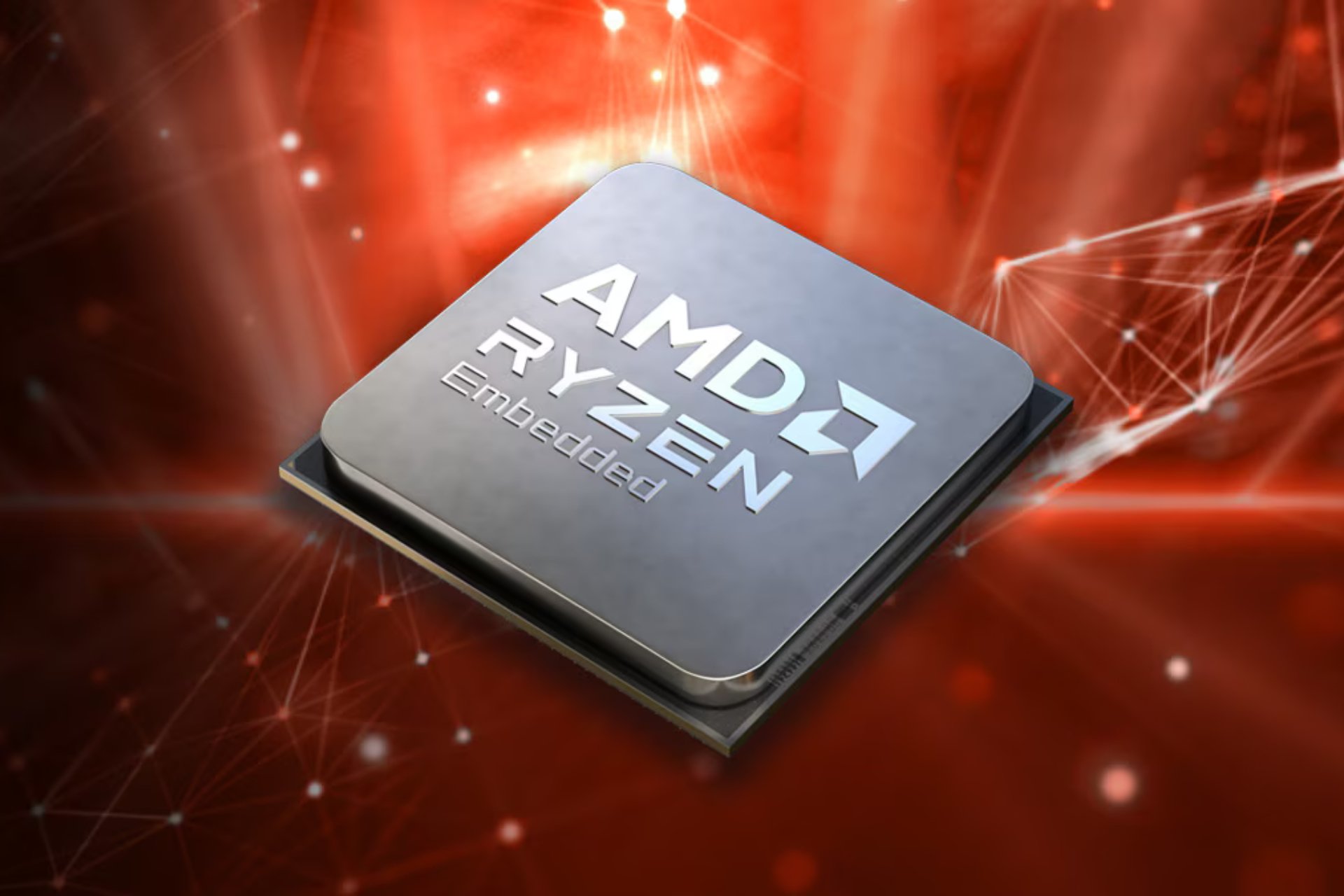

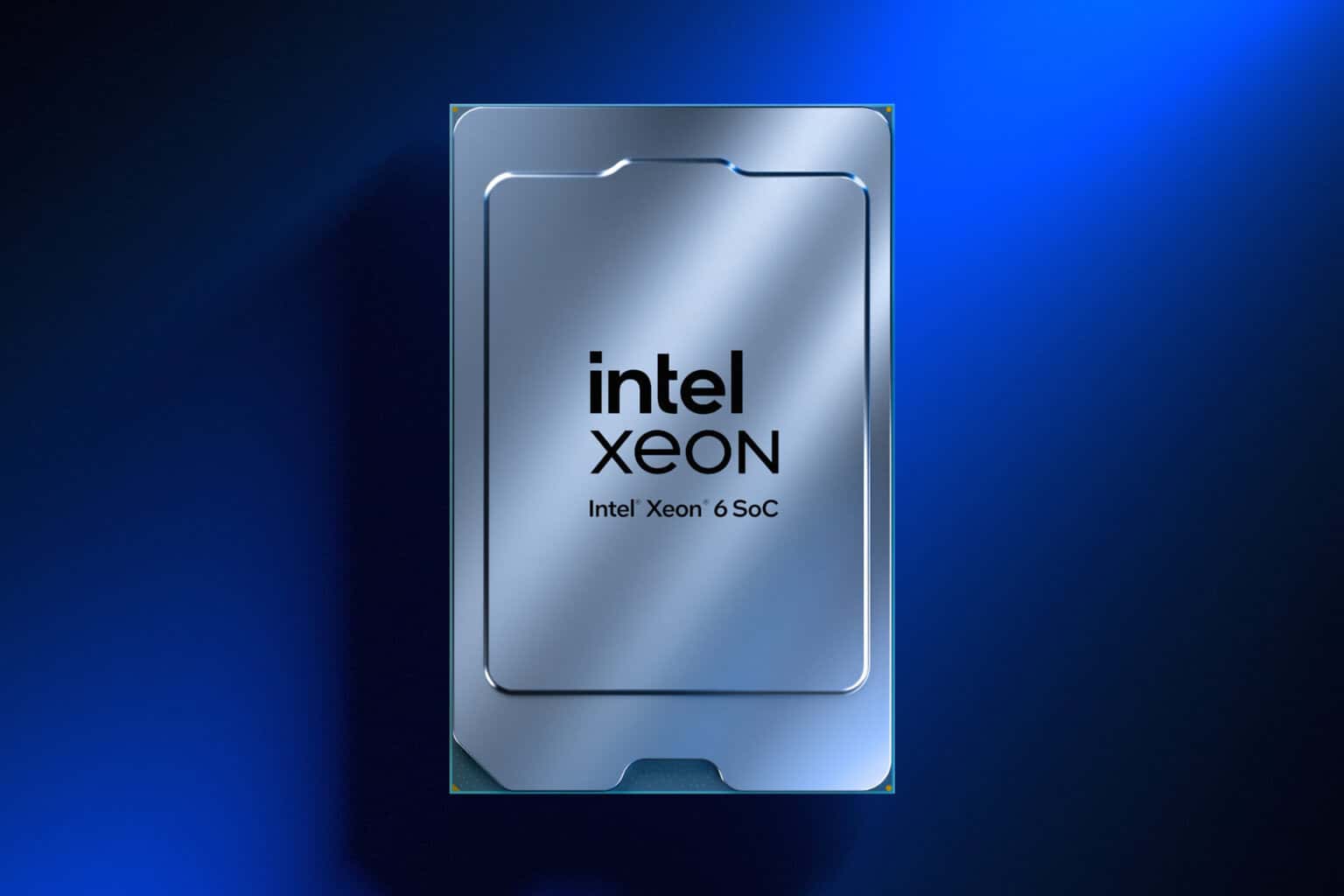
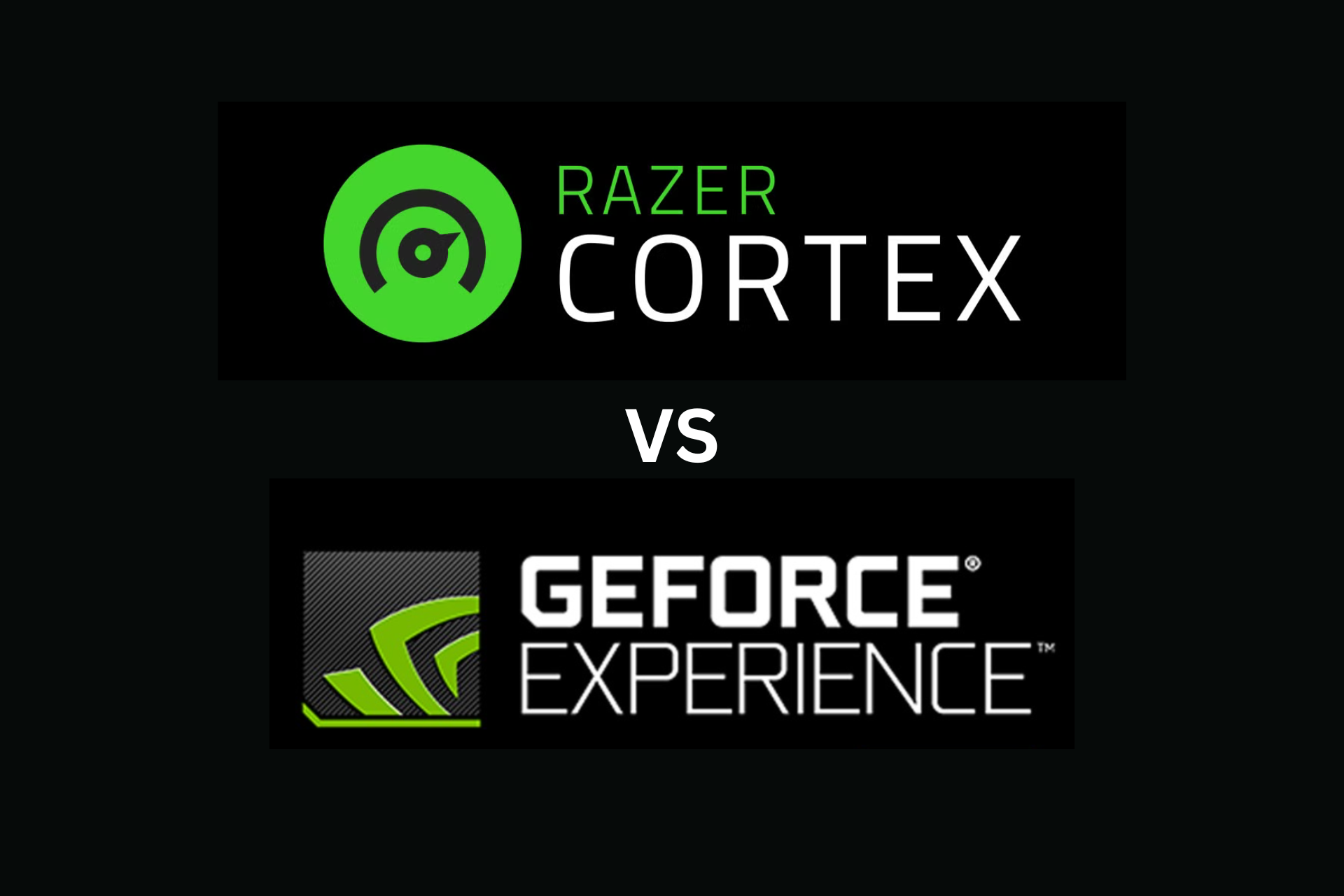
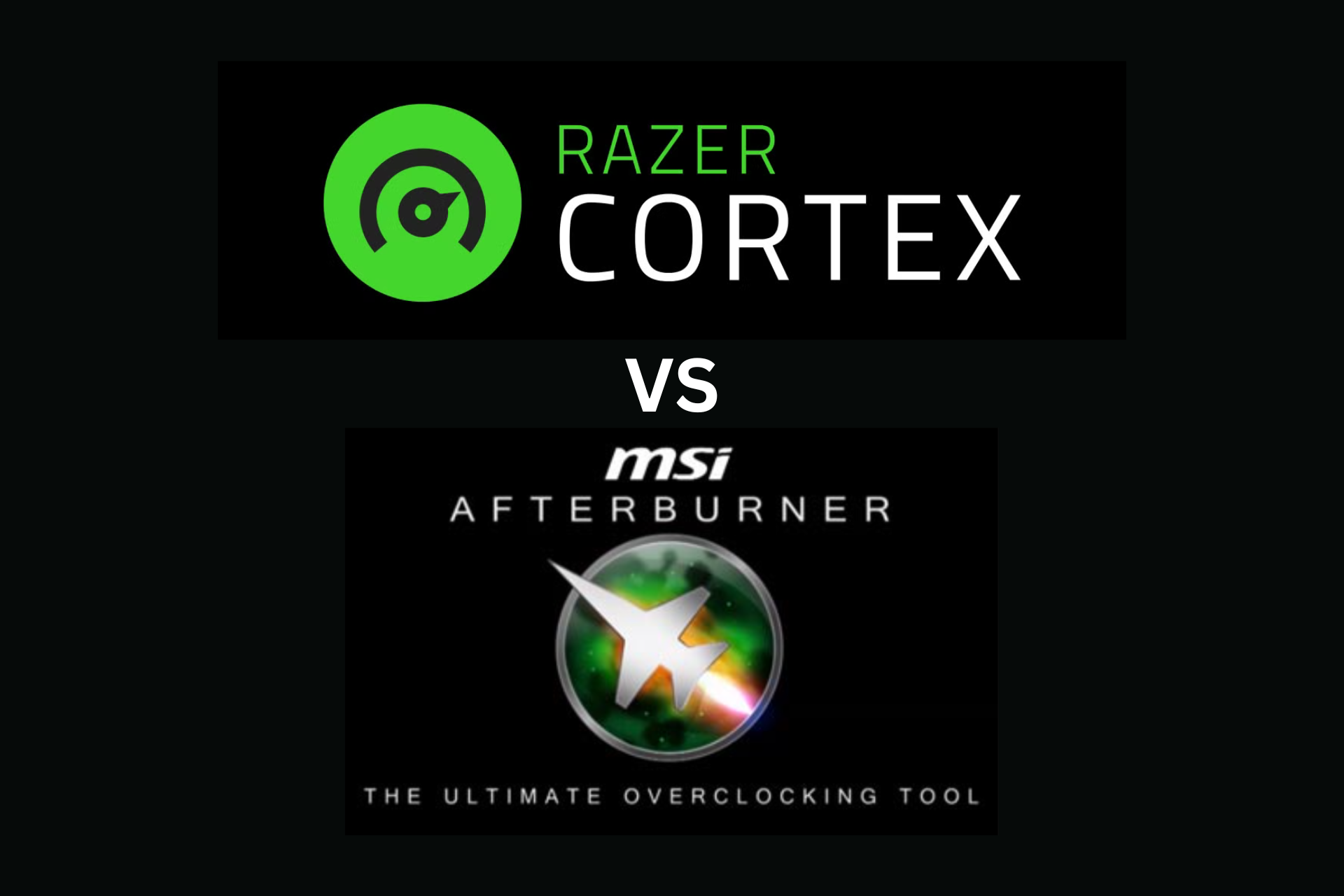
User forum
0 messages